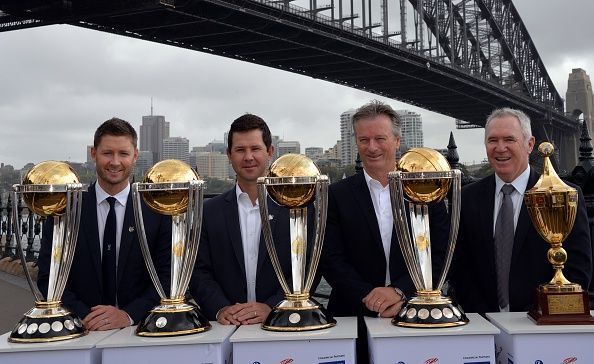
Eternal combatants: Deciphering Australia's unparalleled dominance in cricket history
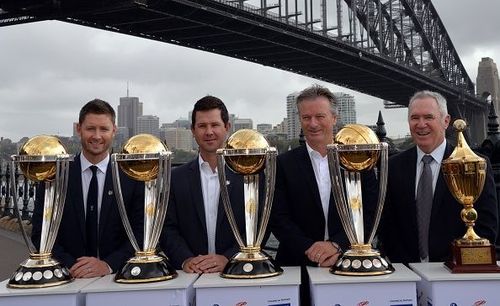
When asked what cricket meant to people down under, the inimitable Richie Benaud once quipped, "Cricket has so many meanings to so many Australians. It’s become precisely that - an Australian way of life. And what a life it is. Some would even go as far as to say, ‘marvellous’."
If cricket is an obsession to those in the Indian subcontinent, the sport is firmly entrenched in the minds of impressionable Australians as an intrinsic part of their culture. While Clive Lloyd's intimidating West Indies reached unforeseen heights during the 1970s and 1980s, even nostalgic aficionados will agree that the Aussies have consistently dominated the game like no other.
With as many as five World Cup titles as well as two Champions Trophy triumphs in their trophy cabinet, Australia stand head and shoulders above every other nation in ICC tournaments. The World T20 is the only trophy that has managed to elude their men's team. Considering the recency of the format and its subservient relevance among purists, said aspect does not amount to much to their indelible legacy.
Across all three formats combined, Australia's burgeoning collection of 983 international wins, as well as a win-loss ratio of 1.730 (as of 11th December 2017), is comfortably the best. In the purest format of the game, their tally of 380 Test victories and a win-loss ratio of 1.759 leaves every other side in the dust.
Australia's impact on cricket cannot be gleaned merely from facts. Much more than just numbers, their supremacy in the game can be ascertained from the sheer consistency with which they have churned out one world-class cricketer after another.
Aside from the Packer-induced exodus, seldom has an Australian team shown penetrable vulnerability. Even as the other sides experience numerous crests and troughs, they have relentlessly stamped their authority on the sport.
Ruthless selection policy
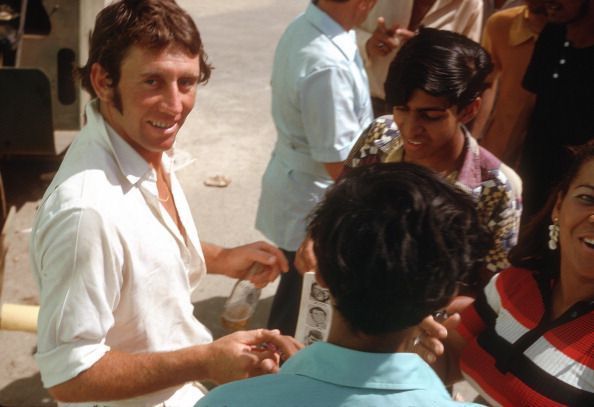
The underlying reason behind almost every Australian team's ultra-competitive approach emanates from their enviable ruthlessness towards selection policy. From the exalted Sir Don Bradman to modern stalwarts such as Steve Waugh, Ricky Ponting and Michael Clarke, plenty of the nation's cricketing heroes had been dropped early in their respective resplendent careers.
More pertinently, the callous manner in which the Australian selectors handle faltering senior stars deserves unanimous applause. With the exception of Ponting in recent times, almost every all of their icons have preferred to walk away gracefully.
While the allure of retiring on a high would most certainly have influenced their decisions, various selectors, as well as captains, also played their parts by giving them discernible indicators regarding their waning prowess.
Extra Cover: The A to Z of Australian Cricket
Unlike in Asia where cults are formed around experienced players who consequently abuse the benefits of being immune to criticism, the Australian setup is extremely brutal. Out of form stars have often been shunted out of the limelight and left in wilderness in favour of more deserving candidates.
Of unrelenting grit and unmatched perseverance
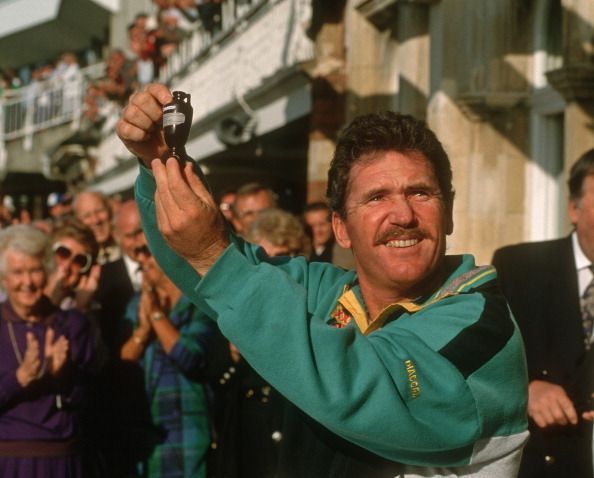
The foremost quality associated with Australian cricket arises from their unrivalled perseverance. While Bradman's 'Invincibles' as well as Waugh and Ponting's troops trampled over opposition teams without mercy, the romanticism down under surrounds the tenacity radiated in what is now remembered as 'The Border Era'.
Despite possessing a relatively weaker bunch of players when compared to some of the other eminent outfits of the 1980s, Border's men held fort valiantly during a rare bleak phase in their cricket history. Even in the most turbulent of times, they managed to taste World Cup success in 1987 in unfamiliar terrain.
With his no-nonsense attitude and razor-sharp approach, Border lifted Australian cricket from its lowest ebb before leaving them on the precipice of eternal glory. The typically terse southpaw led from the front and instilled an undying sense of courage in his troupe. The seeds he sowed were later expanded upon by his successors.
Admittedly, their never-say-die war cry was set in motion much before Border's time. Right from the likes of Neil Harvey and Ray Lindwall to the deeds of Ian Chappell and Dennis Lillee, the chain of legacy has been ensconced in unadulterated grit and palpable gumption. Border interspersed his own staunchness on the canvas in order to restore Australian cricket in all its splendour. Since then, the landscape has been embellished by their ascendancy.
Robust structure breeds enduring success
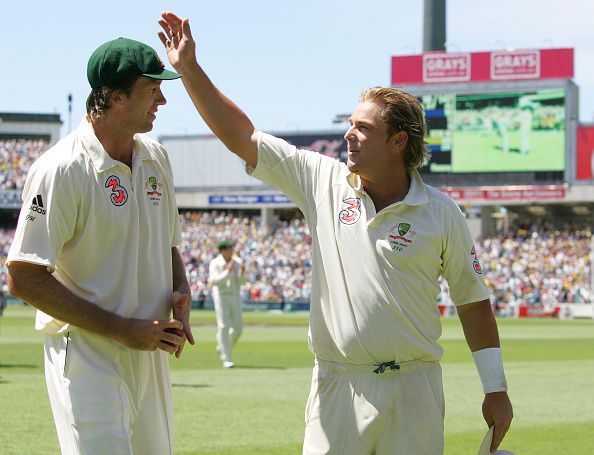
Among the visceral debates in cricket encircles the calibre of the best domestic system in the game. While the County circuit once stood as the breeding ground of plethora of revered players from across the globe, the core facet has since made way to accommodate more home-grown talents.
In sharp contrast, Sheffield Shield has largely been out of bounds for overseas cricketers. With the odd exception of a few names, the primary first-class tournament has always served only in the interests of Australian cricket. With just six top-level teams in the competition, places have to be earned with every ounce of effort rather than mere process.
Also Read: 5 best Australian captains of all time
The fact that it took 85 years for Tasmania to be inducted into the upper echelon stands as a testament to the rigorous standards of Sheffield Shield. Even though the fabled first-class tournament remains the periphery, Australian cricket's foundation is exceptionally robust and extends much deeper.
The Grade cricket in each state as well as territory serves as an ideal feeder system for aspiring players to their respective Shield sides. From then on, the journey for any aspiring cricketer in the country eventually culminates in the elevation to the Test team. The euphoria of donning the prestigious Baggy Green for the first time is a moment unmatched even by the lures as well as razzmatazz of white-ball cricket.
If Australia win the upcoming third Test of the 2017/18 Ashes series, they will not only reclaim the coveted urn but also leapfrog England in terms of the number of series triumphs (since the origin of the Ashes legend) in the age-old rivalry. It's befitting that the moment of reckoning is transcended at the WACA. After all, the hostile venue is widely perceived as the cornerstone of Australian hegemony.